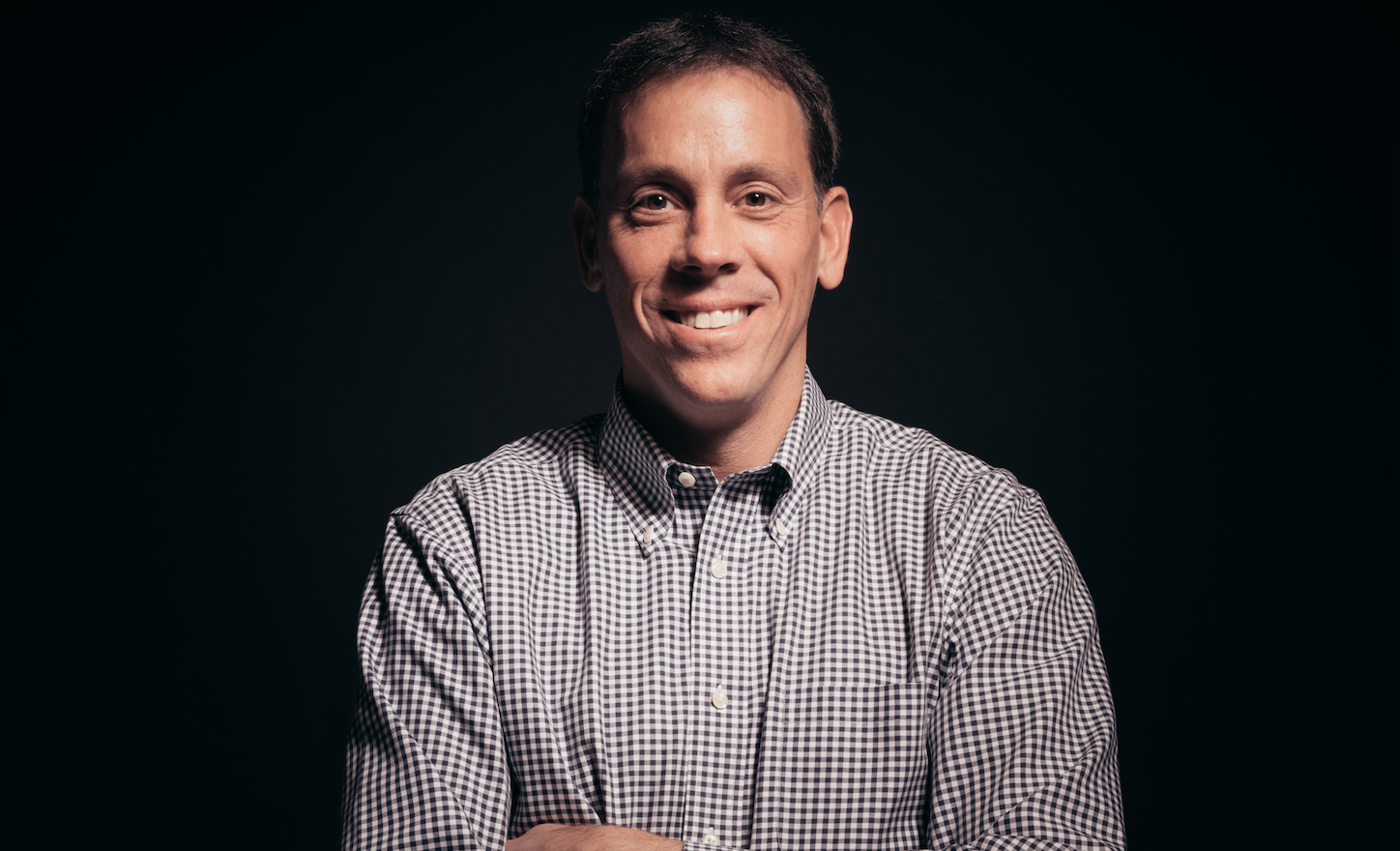
It’s been less than six months since Axios entered the local news business. But chief executive Jim VandeHei has seen enough in that time to convince him that he is on to something.
Between them, Axios Local’s six newsletters – focused on Charlotte, Denver, Twin Cities, Tampa Bay, Des Moines and Northwest Arkansas – have around 400,000 free subscribers and are said to be on course to generate $4-5m in revenue this year.
Axios is now recruiting journalists to launch eight new local editions. Next year, VandeHei would like to see Axios Local in 50 cities. And his ambitions don’t end there.
“I think ideally we get to 50,” he tells Press Gazette in a phone interview. “I think it works in at least 100 cities – and hopefully many more.
“I think the trick is going to be, how do you get that cost-revenue formula right once you get to smaller cities and smaller towns?
“There’s no doubt in the 50-100 biggest markets that there are more than enough readers on a daily basis to make it a very viable product funded by advertising.
“Once you get to smaller communities, I hope that’s the case. I believe that’s the case. And, at some point, we’ll test that there’s a very viable model there as well.”
In the longer term, VandeHei believes the Axios Local business could work outside of the United States.
“I think the fundamental principles that work here would work in any local community. People care about what’s happening with politics or business or technology, or what you should do and see, in any city or town that they live in. So I think that is applicable globally.”
[Read more: Substack invests in 'thoughtful and nuanced' local news in Manchester, Liverpool and Sheffield]
What is Axios and why might it succeed in local news where others have failed?
VandeHei’s optimism will be met with much scepticism in the news industry.
The written local press has been in decline for years. An estimated 1,800 local newspapers closed in the US between 2004 and 2018, and many more newsrooms were badly affected by Covid-19.
Other digital news companies, like HuffPost, have tried and failed to make a success of localised content.
But VandeHei’s track record, and the success of Axios as a national title, should inspire some confidence.
A former White House reporter for the Washington Post, VandeHei co-founded Politico in 2006 and was chief executive of the political news group until 2016.
Along with two former Politico colleagues – Mike Allen, who was its chief political reporter, and Roy Schwartz, its chief revenue officer – he launched Axios in January 2017.
In four-and-a-half years, Axios has grown to become a significant force in America’s news industry. It regularly claims politics and business news exclusives in its sector-focused newsletters, which are written in Axios’s distinctive “smart brevity” style.
The company says it is profitable, and last October – when Press Gazette last ran an interview with VandeHei – it was on course to make annual revenues of $58m, up 30% on 2019.
Axios is now reported to be a takeover target for Axel Springer, the German publishing company that owns Insider and part of Politico Europe. VandeHei declined to comment on this rumoured deal.
Case study: How Axios Twin Cities works

Minneapolis – Shutterstock/ Gian Lorenzo Ferretti
Like its sister newsletter titles, Axios Twin Cities – which covers Minneapolis and Saint Paul in the state of Minnesota – launched in January with two reporters.
Nick Halter, formerly of the Minneapolis St Paul Business Journal, and Torey Van Oot, previously a politics reporter at the Star Tribune, were charged with launching and writing a daily newsletter for the Twin Cities. They were recently joined by Audrey Kennedy, a lifestyle reporter.
Although Axios Local’s titles do have their own simple-design websites that can be updated with breaking news when necessary, reporters focus primarily on their morning newsletter.
Twin Cities reporter Halter explains that he starts work at around 6am to run through the content of his 6.30am newsletter with a copy editor and update it with any news that has broken through the night.
“It does feel like you’re going back to the old model [of local news] in some ways,” Halter tells Press Gazette. “It’s delivered to you early in the morning and it’s the first thing you read – just like in the old days of getting a hard copy of the newspaper.”
The length of an Axios newsletter varies depending on newsflow.
On Tuesday this week, the Axios Twin Cities newsletter – sponsored by investment firm OurCrowd – contained 439 words. Beneath a short introduction, its lead story was a guide to how the area is marking Black History Month. It then had seven brief reports on the Twin Cities’ biggest news stories. The newsletter ended with a report on the increasing frequency of flights at Minneapolis-St. Paul International Airport as the US emerges from the Covid-19 crisis.
Less than six months after launch – a period that included the trial of Derek Chauvin in Minneapolis – Axios Twin Cities has around 70,000 newsletter subscribers.
Halter, who is from the Twin Cities area and worked for various newspapers before starting at Axios, says: “I came out of college in 2008, and I feel like [I’ve been] constantly in newsrooms where they’re cutting. No one’s ever growing. You’re always thinking: what furloughs are coming this quarter?
“And now I’m at a company that is growing, and people are excited about what they’re doing, and there are no layoffs. There’s hiring.
“It’s been refreshing to work at a company that’s doing the opposite of what I’ve experienced the past 12 years before this.”
'We aim to be a friend to local media'
In total, Axios Local is thought to be on course to generate $4-5m in revenue this year. As it expands into new cities, the company is aiming to triple this figure next year.
Overall, Axios Local says it now has around 400,000 newsletter subscribers across its six titles.
“Our goal is, on day one at launch, we’re the best newsletter in town, straight up,” says Shane Savitsky, the editor of Axios Local overall.
But, he adds, Axios’s local editions are not there to replace existing news groups.
“We aim to be a friend to local media,” says Savitsky, who is based in Philadelphia.
“Some of these cities have some of the most celebrated legacy papers in the country – the Tampa Bay Times, the Star Tribune, the Des Moines Register, that sort of thing.
“When we have two people in each city we’re never going to be able to compete against the resources of a newspaper.
“And also I don’t think we’re trying to be a newspaper. If it reads that way I think we’ve failed in what we’re doing. We want to be a friend and know that we can’t get to every city council meeting or every sports press conference and what have you.”
Part of the job of an Axios Local reporter is “aggregating” and crediting the best content from other media, says Savitsky.
“For us aggregation is: if you are one of the two experts that we’ve hired in your city, you probably know all of the other great reporters and news sources that a normal, non-very-online person probably doesn’t know about.
“So you can use that skillset that you have – that you probably don’t even know you have – to highlight all of this great stuff for readers.”
Axios Charlotte leads by example

Charlotte, North Carolina – Shutterstock/ ESB Professional
Key to Axios Local’s success – and its impressive revenue and subscriber figures – is Axios Charlotte, the only one of its six titles that existed before 2021.
Founded in 2015 as the Charlotte Agenda, Axios bought and rebranded the title in December 2020.
The deal – worth around $5m, according to the New York Times – was made after the Agenda’s founder and CEO, Ted Williams, contacted VandeHei. Williams is now the general manager of Axios Local.
As well as contributing to Axios Local’s figures – Charlotte has more than 100,000 subscribers and expects to make $2m in revenue this year – Savitsky says he and his team have learned much from Williams and the Agenda’s success. In particular, Savitsky pointed to its lifestyle content and its “social prowess” – Axios Charlotte has more than 240,000 Instagram followers.
The most advanced of Axios Local’s titles, Charlotte currently has seven newsroom employees and five non-editorial staff, including Williams.
Like the other Axios Local titles, it makes money from newsletter sponsorship. But Axios Charlotte also has a jobs board and a paid membership scheme that offers access to quarterly events, birthday newsletter “shout outs” and “insider notes from our reporters”. Axios Charlotte currently has around 2,000 members who can choose to contribute between $25-500 a year.
VandeHei says Axios will "try the job board and membership across all of the cities hopefully in Q4 or Q1 of next year”.
'The demand for local news never died'
Despite Axios Local’s impressive-looking subscription figures, it still has some way to go to win over its critics. The struggles of traditional local news companies show what the company is up against.
VandeHei doesn’t see it this way.
“If we can be that trusted, smart neighbour in your pocket, I think we’ll be very successful – just like newspapers,” he says.
“The demand for local news never died. Some local newspapers died, but people – if anything – are hungrier than ever for news that they can trust about what’s happening close to home.
“It’s the economic model that had to change. You had to have lower cost, and you had to reduce the distribution cost, and you probably had to lighten your footprint.
“But if you can do that, there’s no reason this can’t be a very big business in many, many, many cities here and overseas.”
Email pged@pressgazette.co.uk to point out mistakes, provide story tips or send in a letter for publication on our "Letters Page" blog
